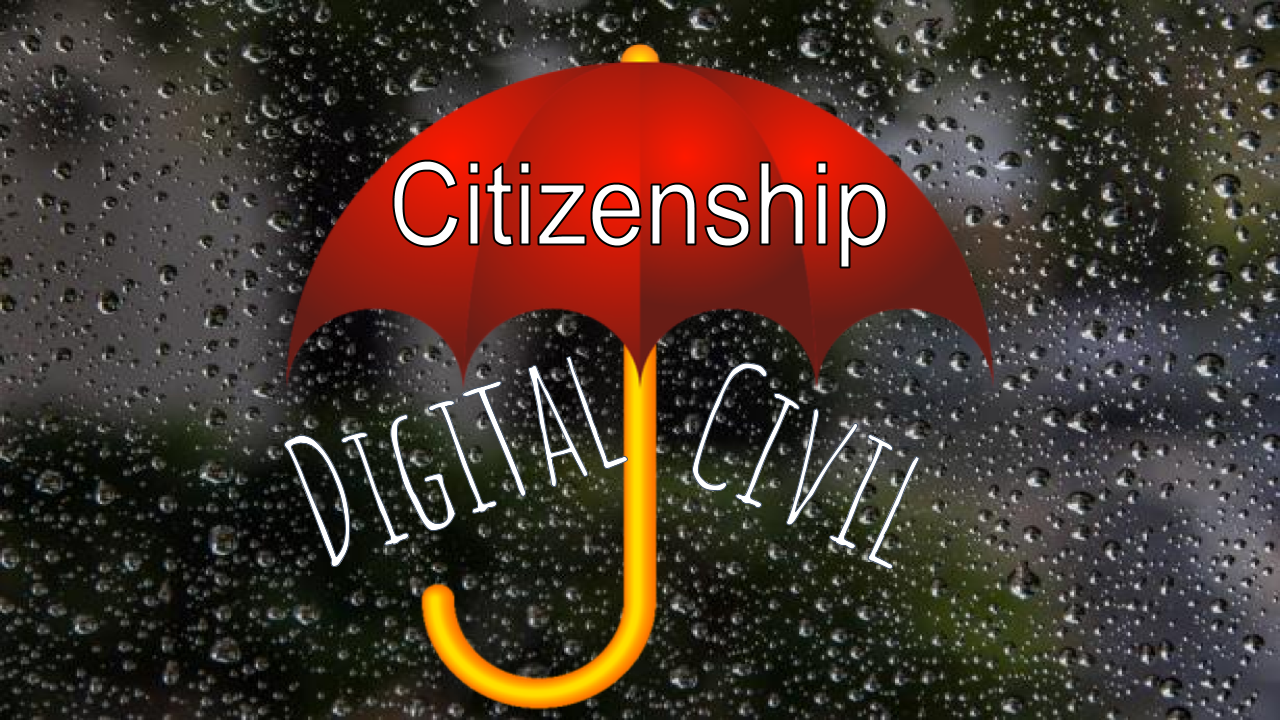Understanding Digital Citizenship versus Citizenship in Today’s Society

According to what we learn in school most would answer quickly and say there is a difference between citizenship and digital citizenship. For instance, in elementary we learn that a good citizen helps support the community they live in, they follow rules and expectations, lead by example, and utilizes there rights given to them as a citizen of their community. We teach that citizens vote in elections, are aware of their rights, and strive to make our community a better place. Digital citizenship refers to being safe online. We talk about creating strong passwords and keeping your personal information safe. We explain that cyber bullying is never okay, and needs to be reported immediately. We teach students to look for trustworthy cites and media platforms when using technology. However, we could argue that both of these concepts comprise of the same core values. Both concepts are wanting to teach students to follow rules, use/act appropriately, use things properly, respect each other and their rights, be an example for others, and continue to help promote a better tomorrow. So upon further reflection, I believe they are concepts that coexist underneath the same umbrella.
Digital citizenship is becoming increasingly vital for our young generation. As stated in the Cyber Bullying Research Center, "two-thirds of teens go online every day to complete schoolwork, communicate with friends, play games, listen to music and socially network with others" (Hinduja & Patchin, 2010). It now goes beyond teens, as Covid completely changed the way schooling works we now have elementary and junior high's also offering online schools. Students are striped with their opportunity to interact with peers, so like most students, they have turned to technology and applications like "Among Us" to interact with each other. So in every changing world, that means the definition of Digital Citizenship needs to change too. My personal definition would be supporting students in discovering appropriate interactions, uses, and safety using online platforms to enhance learning to support a better tomorrow. This is something that needs to be taught with fidelity. It needs to be scaffolded into everyday interactions and taught with purpose. Most private sectors however, view this as a "one week teach" concept. It's no wonder that we see the same issues happening and/or worsening.
As a third grade teacher, who has a virtual class as well as a face to face class. I have thought about the nine elements of digital citizenship and which I value the most within my classroom. I think at the time it would be focusing on the "R in REPs" Respecting Yourself/Respect Others. This refers to student's etiquette when posting, interacting, or viewing online content, which includes respecting people's feelings and ideas. Access what they are able to look at and their own privacy settings to help keep themselves safe. Finally, Law, understanding what is acceptable and what needs to be reported to help create a safe learning environment for all. The process of teaching digital citizenship is something that will need dedication during the implementation process, modeling on a daily basis, and continuous support through our student's educational career.
References:
Hinduja, S., & Patchin, J.W. (2009). Bullying Beyond the Schoolyard. Thousand Oaks, CA: Corwin Press.